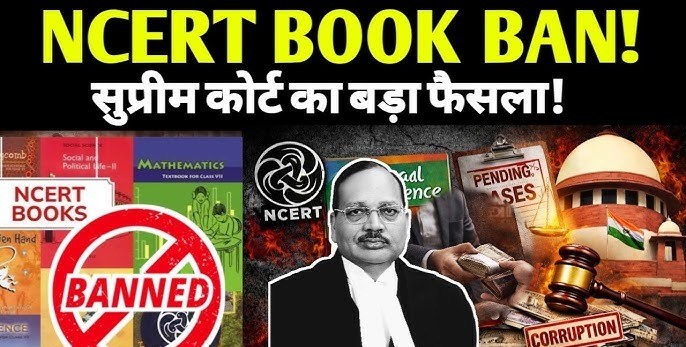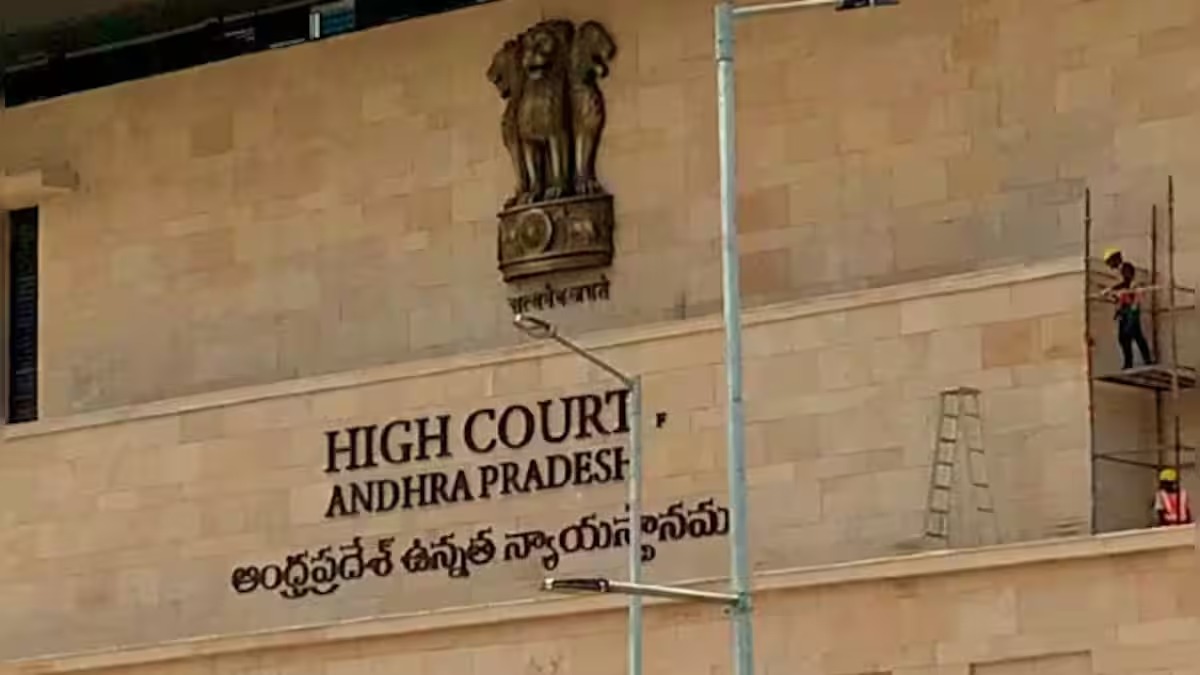Rameshwar Singh Malik, J.@mdashBoth the petitioners are present in the Court and are identified by their counsel. The petitioners seek protection to their life and liberty. They have filed the instant petition u/s 482 of the Code of Criminal Procedure, 1973 (for short ''Cr.P.C.'') alleging that they being of marriageable age, got married with each other. The petitioners claim that their marriage is legal. The private respondents are not accepting the marriage of the petitioners alleging it to be against the social norms. The petitioners tried to persuade their parents and relatives but remained unsuccessful in their endeavour. The private respondents, it is alleged, are hell-bent to separate the petitioners from each other by resorting to illegal means. Thus, it has been pleaded that the petitioners are apprehending imminent danger to their life and liberty from the private respondents. Having been left with no other option, it has become the compulsive necessity for the petitioners to approach this Court.
2. Learned counsel for the petitioners contends that both the petitioners are major in terms of the documents appended as Annexures P-1 and P-2. They have married each other of their own free will. Learned counsel for the petitioners further submits that despite the representation dated 02.06.2013 (Annexure P-3), having been duly submitted to Sr. Superintendent of Police, Fazilka respondent No. 2, no action is being taken thereon and the petitioners are apprehending danger to their life and liberty at the hands of private respondents.
3. The issue involved in the present case is a short one, that is to say, seeking only the protection to the life and liberty of the petitioners. This issue, in fact, is no more res-integra. The law, in this regard, has been laid down by the Hon''ble Supreme Court of India, in a catena of judgments including in the cases of
4. It is pertinent to note here that about three decades after A.K. Gopalan''s case (supra) the Hon''ble Supreme Court further widened the scope of Article 21, in the case of
5. I have heard the learned counsel for the petitioners and with his able assistance, have gone through the record of the case.
6. After giving my thoughtful consideration to the facts and circumstances of the case, this Court is of the considered opinion that the instant one is a fit case for exercising the inherent jurisdiction u/s 482 Cr.P.C. Article 21 of the Constitution of India, protects the most precious right of every citizen, it being the Right to life. In view of the constitutional mandate and the law laid down by the Hon''ble Supreme Court in the cases of A.K. Gopalan, Maneka Gandhi, Kartar Singh and Lata Singh (supra) followed by this Court in many cases including Pardeep Kumar Singh''s case (supra), the petitioners are entitled to seek the protection to their life and liberty.
7. It is also equally important to note that freedom of the individual is not absolute but subject to the established and time tested social norms of a civilised society. Co-existence of freedom of the individual and social control is sine-qua-non for the sustainable progress of the society and this is also the integral part of our constitutional philosophy. Therefore, though the petitioners are entitled for protection to their life and liberty in the given facts and circumstances of the present case but at the same time, it is also expected from them and other young citizens like them that before running away from their homes for performing this type of ''rebellion marriage'', they must think twice, besides, listening carefully to their respective parents who are not their enemies but real well wisher. Let us welcome the dynamic social change and evolution but only subject to the social control and moral values which are centuries old and have not lost their shine even today.
8. Under the circumstances of the case noted above coupled with the reasons, aforementioned, Senior Superintendent of Police, Fazilka-respondent No. 2, is directed to consider the representation dated 02.06.2013 (Annexure P-3) and issue necessary orders, as warranted by law, so as to ensure that no harm is caused to the life and liberty of the petitioners at the hands of private respondents.
9. However, lest this order is misunderstood, it is clarified that this order shall not mean that the petitioners had reached the age of marriage, as required by the law applicable to them, at the time of their marriage or that their marriage is legal as per the relevant provisions of law. I say so because neither it is the issue involved in the present petition nor this Court is putting its seal of approval on the validity of marriage of the petitioners. In fact, it is the domain of the matrimonial Court of competent jurisdiction, to decide the validity of the marriage and that too on the basis of the pleadings taken and the evidence led by the parties in the given circumstances of each case.
10. It is also made clear that this order shall not entitle the petitioners for any protection against their arrest or continuance of any criminal proceedings, if they are found involved in the commission of any cognizable offence. In case the petitioners had committed any offence, the law will take its own course. With the observations made above, the present petition stands disposed of.

